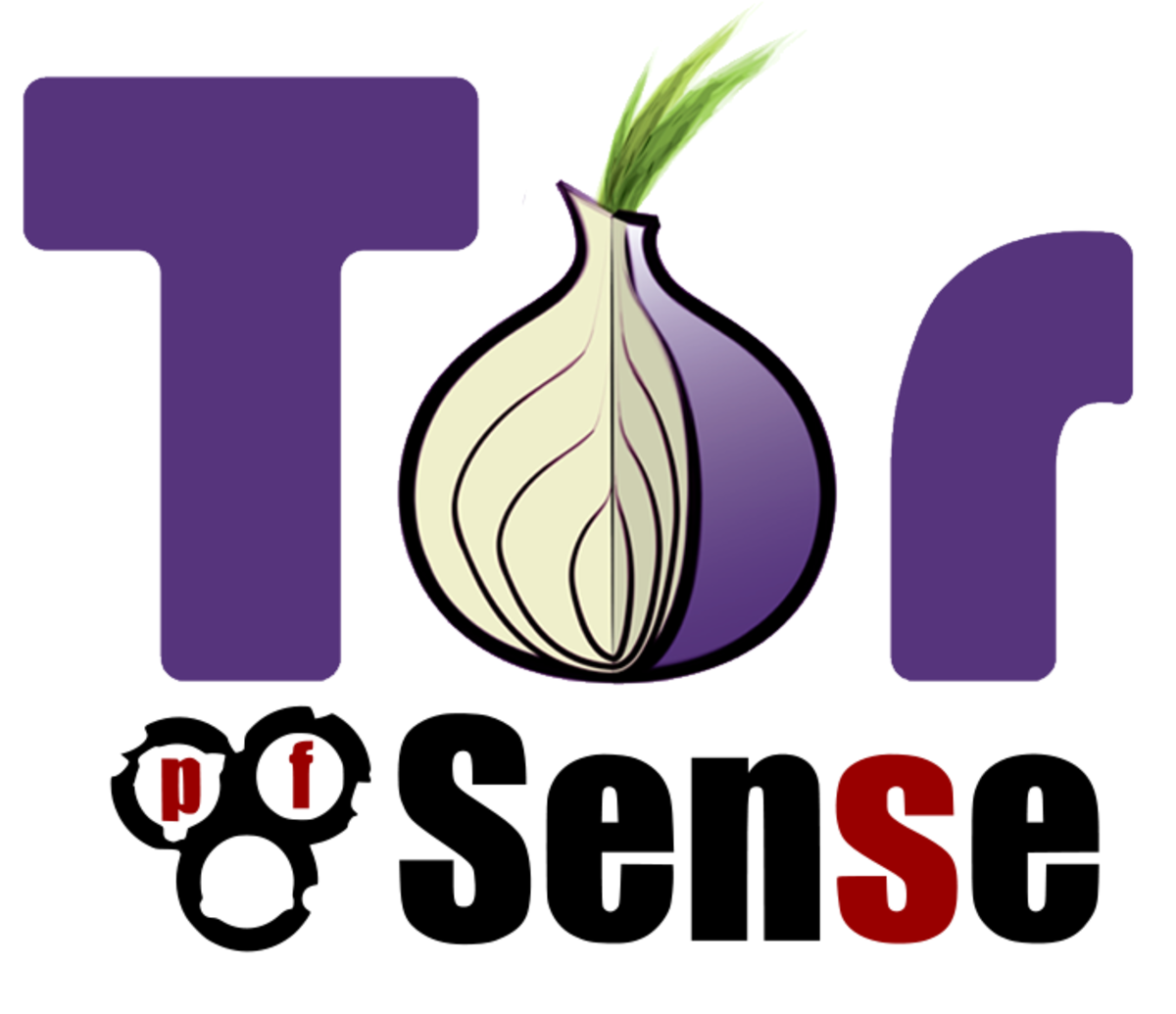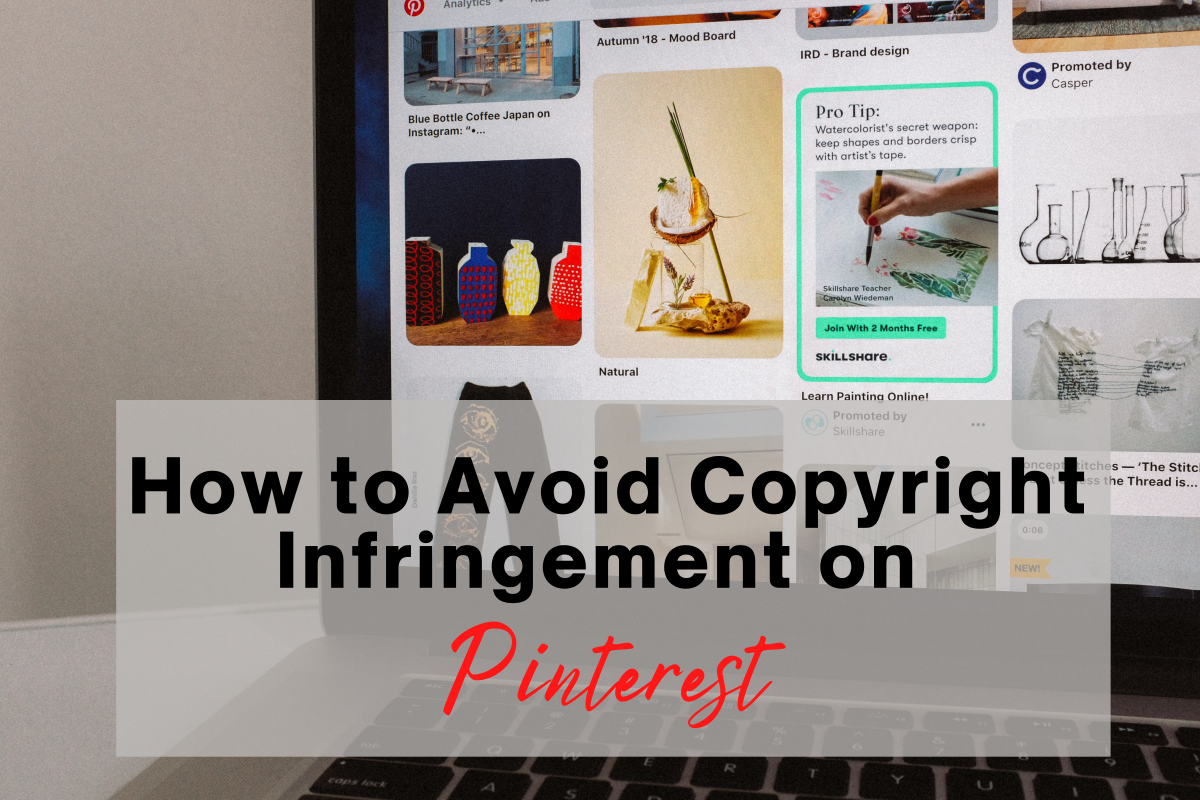Avoid The NSA Snooping On Your Web Usage
Edward Snowden, NSA Whistle Blower

Good Surfing Habits
With the recent leaks by NSA analyst Edward Snowden much concern has been generated about communication being kept private by private individuals and organizations. This hub will explore some of those issues. Some of those issues include:
- The government overreaching it's authority by using "blanket surveillance."
- Data mining companies using your information to further their profit margins while diminishing someone's privacy.
- Hackers having giant cloud-based databases to use to their benefit.
- Stalkers or other predators having access to this information to broaden their victim pool.
- Identity thieves with an ocean of information to use to commit fraud with
The most dangerous of these is going to be the Government. They have a giant prison industrial complex to support which requires thousands of incarcerated bodies to sustain itself. This could lead to massive abuse of authority through colour of law.
Data miners know more about you than you think. Social networks and massive websites all collect this data. This is packaged and sold to very clever marketers that use very effective techniques to sell products and services to us.
When this information is out there, hackers can access these cloud-based giant server farms to completely wreck millions of people's lives, and they'll do it by selling it to some identity thieves located in some small non-extraditable country.
The Remedies
One easy thing to do is to remove cookies from your browser. Website collect cookies. it has surfing meta-data that can be used. Also clearing browser history helps too.
Proxy servers are another great way to keep data safe. It is basically like using a middleman o communicate. When a website runs intrusive scripts like AJAX or other methods, it has to obtain an IP address (like your computer's temporary phone number.) The proxy server's number is the one it will see, not yours.
IP tunnelling is VERY effective as well. You can really protect yourself with this method. It's very complicated for a server to run this service, so it most certainly will involve paying a fee. they range from $40 US a year to $100 US. It is simple for someone to use though. Some of them give you a program to download, others give you a username and password to log in to a website through your own browser. i ran this service for a short time until my ISP caught on and wanted to charge me the professional server package for it. i had to cancel the subscription and hand out a few refunds.
StartPage search engine is another safe method for searching the internet. It does not record your IP address and you may even use their built in proxy service. You simply enter your search and below each link result, there is a link to "proxy by IXQuick." Their own server becomes a quick and easy proxy. Using the search giants like Google, and Bing are not private. The government can access this information at any time, without telling you about it. They can cross reference any searches from your IP address and get those results. For example, if you search the term "Islamic Jihad," they could red flag you and start monitoring any subsequent searches. You can imagine the shock you and your family will feel when they kick your door in at 2 AM in full on commando gear with Ar-15s in your face. It's also standard operating procedure to shoot any dogs that even bark at them. So, to prevent this from happening use https://StartPage.com.
One could argue that smaller, more obscure website are more dangerous because they are under the radar, yet you should remember it is the giants like Facebook, Twitter, and Google that are most appetizing for the data Nazis. They provide a much larger pool to draw from. When filling out the registration forms, or setting up a profile in a social network, remember to only fill out the required info, and some broad general info. Your phone number, address, or anything not required should be left blank.
Prepaid debit cards are also a great way to go when shopping online. They are anonymous, safe and only cost about $3 at the grocery store. It's another way to ensure you haven't given your identity to the hacker's paradise called "the cloud."
Another technique is to use a dummy email account for use on all of these forms. Use it only for that purpose, and for "spam" accounts only. That way your personal and professional communications will remain separate, and unconnected from them.
Between all of these remedies, you should enjoy a safer, more private web experience.








